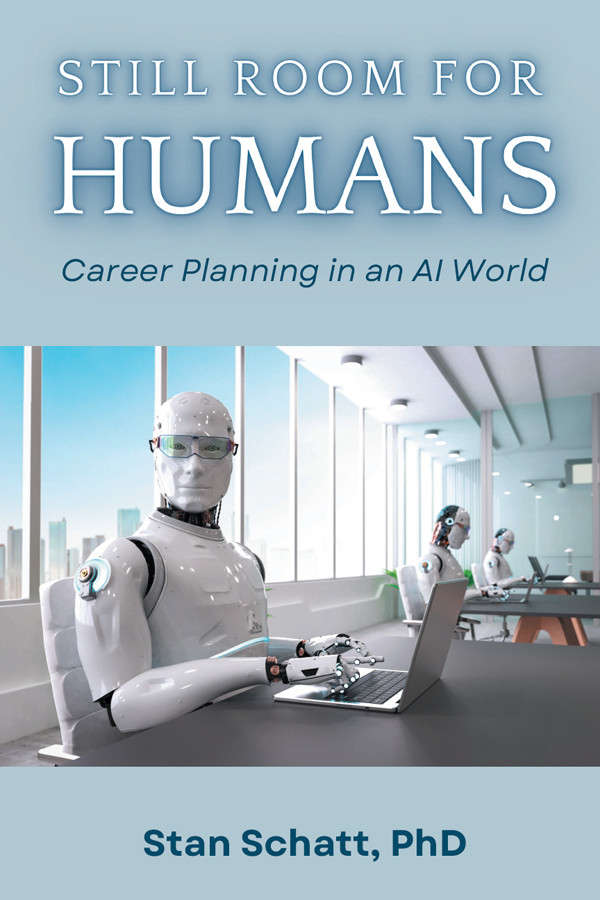

Most ebook files are in PDF format, so you can easily read them using various software such as Foxit Reader or directly on the Google Chrome browser.
Some ebook files are released by publishers in other formats such as .awz, .mobi, .epub, .fb2, etc. You may need to install specific software to read these formats on mobile/PC, such as Calibre.
Please read the tutorial at this link: https://ebookbell.com/faq
We offer FREE conversion to the popular formats you request; however, this may take some time. Therefore, right after payment, please email us, and we will try to provide the service as quickly as possible.
For some exceptional file formats or broken links (if any), please refrain from opening any disputes. Instead, email us first, and we will try to assist within a maximum of 6 hours.
EbookBell Team

4.1
90 reviewsDon’t let artificial intelligence and robots steal your job!
Still Room for Humans is the only survival guide you need in order to stay employable in the future. This book will teach you how to
make yourself indispensable to your company,
develop soft skills that robots and AI cannot match,
collaborate with robots,
retool your skills without going back to school.
You will also learn which traditionally safe careers and entire industries will no longer be safe in the future because of artificial intelligence. The author details why the changes caused by disruptive technology will be far greater and take place far faster than in previous industrial revolutions.
This book offers several ways to cope with the introduction of artificial intelligence and robotics to a company or organization as well as how to take advantage of the disruption likely to result from other new technologies including 3D printing, the Internet of Things, virtual reality, green technologies, Big Data, blockchain, and nanotechnology.
Still Room for Humans spells out the types of jobs long associated with well-paying careers that should be avoided because they are most likely to be eliminated by artificial intelligence. It lists several new jobs that don’t exist yet but will be created shortly as new technologies become more prevalent.
Schatt provides career planning information as well as specific advice for those readers already employed